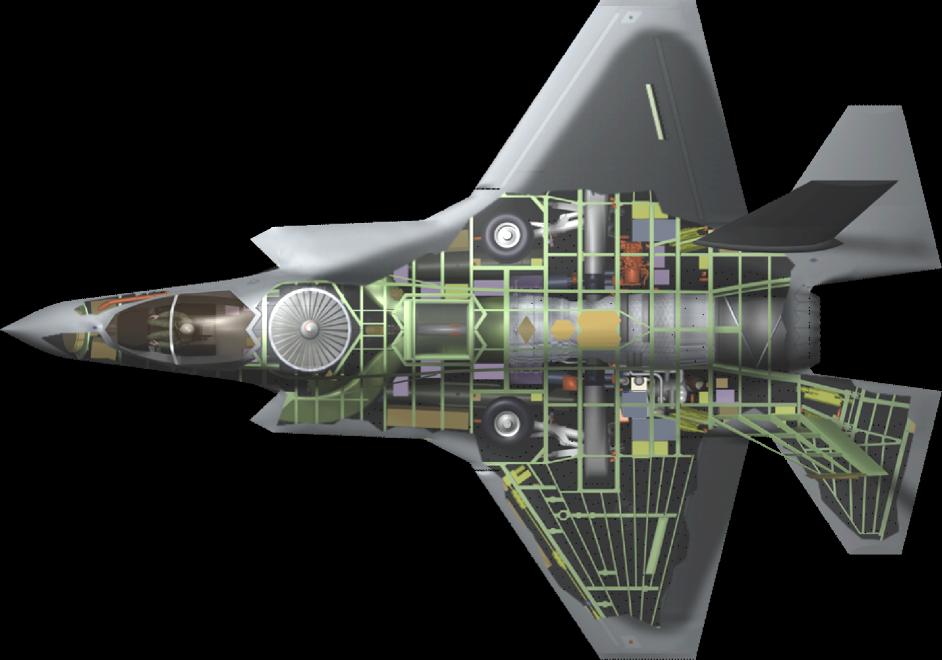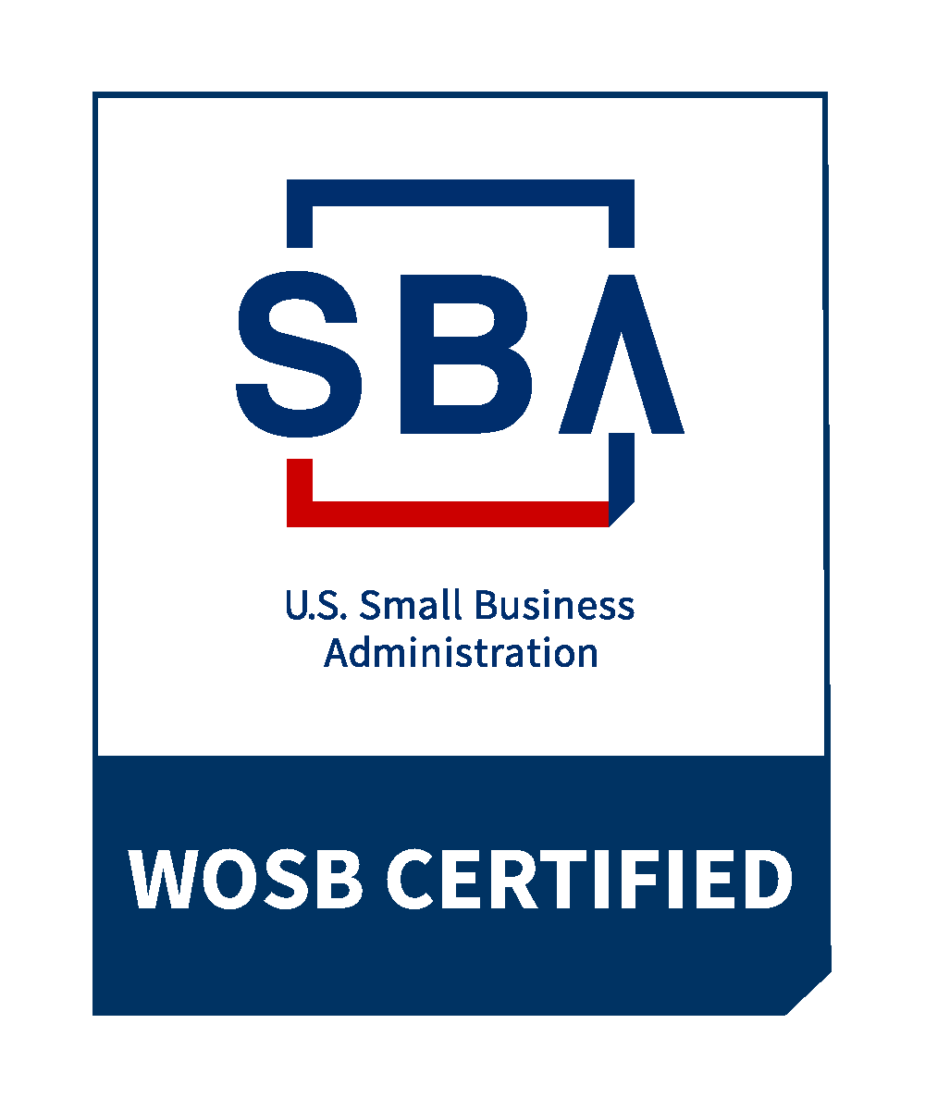ALE’s analysis workshops provide our clients with valuable information and resources to better conduct their business.

Front-End Analysis (FEA)
The case for Front End Analysis (FEA) is very simple – the earlier you can identify the issues that will impact resource consumption, the greater the opportunity for introducing ideas for reducing resource consumption. In the concept formulation phase, before the system is defined, it is relatively easy to incorporate system improvements. Front End Analysis is a systematic assessment of the interaction of operational, logistical, and technical considerations performed at the front end of a program or project to identify the opportunities for meeting operational objectives, including readiness, sustainability, and improved customer satisfaction.
This two-day workshop is designed to increase your skills in developing effective cost analysis models related to your business. The workshop is based on successful experience in developing cost analysis models for space, defense, and commercial systems of all sizes and complexities.
The desired learning outcome of this workshop is to develop an understanding of the concepts, benefits, and objectives of FEA, and to develop skills for applying the process.
Life Cycle Cost (LCC)
LCC is an analysis process that applies a combination of techniques to improve system performance and reduce cost of ownership during all phases of a program. LCC has been proven in military and commercial programs to highlight major cost drivers in the design, development, and operational phases of a project. LCC has been adapted to help architects, engineers, and facility owners make informed decisions in the early phases of development to reduce the total ownership cost of equipment, systems, and facilities.
This three-day workshop is designed to familiarize program managers, engineers, and logisticians with the objectives, methods, and tools used by industry and government to apply LCC. It provides an explanation of the methods available for estimating cost and for accomplishing cost accounting. Each method is explained, and exercises are provided to reinforce the learning process. Typical applications of the process are provided, and common problems and their solutions are discussed.
The desired learning outcome for this workshop is to develop an understanding of the methods used to establish and conduct LCC analyses, and how to put these results to work to reduce design, production, and delivery costs of modern equipment and systems.
Supportability and Logistics Analysis
Logistic Engineering’s goal is to develop a supportable product and to develop the support system for that product. Today’s DoD environment requires program managers to understand not only the core technology they are responsible for, but also the Logistic Engineering analyses, tools, and processes to support their programs.
This three-day workshop is designed to provide the new logistics analyst or engineer with a working knowledge of the tools and methodologies used in the acquisition process to improve support for modern systems. This workshop establishes the need for supportability and provides an overview of how supportability analyses vary over the phases of a typical DoD program.
The ideal candidate for the workshop is the government employee who is new to the acquisition or logistics field, or the operationally experienced enlisted person or officer who is newly assigned to the acquisition field. It is assumed that each participant is generally familiar with acquisition terminology through practical experience or Defense Acquisition University courses such as Acq 101 or equivalent courses.
The desired learning outcomes for this workshop is an understanding how Logistic Engineering relates to the program objective of reducing operating and support cost by 20 percent; to become familiar with how Logistic Engineering relates to Systems Engineering, Life Cycle Cost, Design, and Performance Based Logistics; and to develop familiarity with the tools and methodologies of Logistic Engineering and their application over all phases of the program.
Level of Repair Analysis (LORA)
Level of Repair Analysis (LORA) is the accepted process for determining which maintenance actions are to be accomplished and at what level of maintenance. It takes into consideration the maintenance policy for the system and any technical, safety, operational, and cost factors related to maintenance. The results of the LORA are then used to influence provisioning, training, support equipment, facilities, and other sustainment issues.
This three-day workshop is designed to provide logisticians, systems engineers, and design engineers with an understanding of how to apply logistic engineering techniques to improve readiness and reduce the life cycle costs of complex systems and equipment. These improvements are achieved by influencing the requirements for, and the design of, systems and equipment, and by developing cost-effective support concepts.
During this workshop, attendees will learn how to get the greatest return from acquisition phase logistic analysis. Attendees will understand the differences between economic and non-economic LORA. They will form a common understanding of LORA as they perform exercises using the COMPASS model. Participants will use COMPASS for a sample program, and typical challenges will be discussed and worked through as a group. They will also become familiar with contracting for LORA and reviewing contractor performance.
we can tailor workshops
to fit your requirements
Are you interested in learning more about ANALYSIS our workshops?
Use the form to the left to inquire about our logistics analysis, specialty analysis services, and integrated logistic support workshops.
Workshops are offered on a regional basis or as in-house training programs. When conducted in your company, the size of the group and the sample problems can be tailored to your specific programs. This method often results in the identification of cost avoidance opportunities exponential to the cost of the workshop itself. The cost of a typical in-house workshop is less than sending five employees to a regional workshop, and the opportunities for staff development are much greater.





